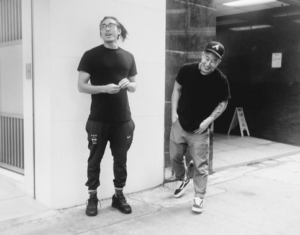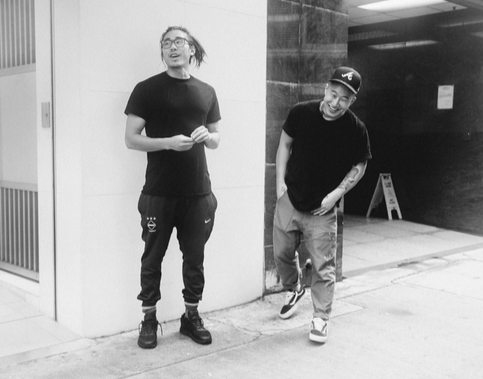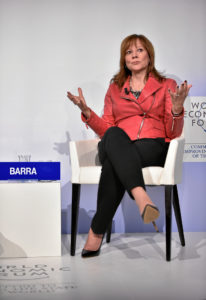Alex Maeland and Eugene Kan spent a combined 13 years as senior editors at Hypebeast, a website that reports on the latest trends in men’s streetwear and fashion, before launching Maekan, “an audio-visual publication focused on creative culture,” in 2016. Rather than relying on ads for revenue, readers subscribe, either paying $15 a month or $150 for a year, to access all content on Maekan. Of the choice to run off of a membership basis Maekan states on their website, “Digital media has been reliant on display advertising for much of its existence, which lends itself to low-quality, unoriginal content and clickbait. [With our model,] our focus doesn’t need to deviate from creating great content for you, the reader.” Fundamentally, Maekan aims “to tell great, original stories,” which the platform accomplishes both through text and audio, another distinction between Maeland’s and Kan’s brainchild and other mainstream media sources. In this interview with LitMag co-editor, Audrey Kalman, Maeland and Kan comment on their journey of creating a media start-up and their opinions about the future of media consumption.

Audrey Kalman: Could you first speak a bit about Maekan and its origin story?
Eugene Kan: Maekan began back in 2015. Alex and I left Hypebeast and wanted to pursue something that spoke more to our initial interest in the culture, namely the stories and the journey of individuals who shape creative culture. It was something we felt was, and still is, lacking within our landscape. There’s not really a company that goes in-depth into the intricate and complex ideas that ultimately culminate into some amazing products and executions.
AK: It goes practically without saying that “what is art” is a debated topic. As publishers of a website that produces articles relating to the worlds of “fashion, art, design, tech, music, food and more,” how would you two define “art?”
AM: Art is something that at its core doesn’t necessarily need to be monetized, but it doesn’t stop it from being transacted. I just don’t believe that for something to be called art, it should have [a financial] element involved. It should be provocative and pointed, with a clear objective. As much as Maekan loves the art element of it, we’re also extremely fascinated by the complex push [and] pull of sustaining art, namely how does business factor into art and messaging.
AK: You both clearly value visual images highly. How do you think the role of images is changing in today’s heavily technological and virtual world?
AM: Text can be inconvenient for some people, and video can be difficult to make beautiful alongside other unexpected elements for sharing like bandwidth limitations. Visuals are so easy to create with a smartphone camera. Imagery is arguably the happiest medium between impact, meaning, and ease of creation.
AK: Many of the stories on Maekan are available to be read or listened to. Could you talk a little bit about this creative choice and about how you value both the spoken and written word?
EK: We currently focus much more on the spoken word for our stories. We feel that long-form content as we know it needs to be served differently. To be clear, by virtue of being long form, it doesn’t automatically make it better. With audio storytelling, it allows you to be immersed and captivated by one’s personality, word choice, and delivery in the conversation. Even nuances like inflection, or change of tone are things that never come across on text. We as a culture increasingly multi-task (for better or worse), but that means that audio has become a create medium for us to participate and to learn, in the face of life in general.
AK: Eugene, a lot of your photos involve capturing people in the heat of the moment. What does this style of photography mean to you?
EK: Photography was one of the few things I got into that had any visual merit. I don’t have this amazing story of being gifted a camera from my grandpa or anything along those lines. The combination of science behind photography and capturing people in a unique moment is a powerful idea if you think about it. It’s a split-second moment in time that will never be recreated. I don’t really care to romanticize it too much, but once you break it down, it’s pretty crazy. Living in Hong Kong means you can find a ton of interesting things to shoot which enables you to continually look at the world differently both around you and vertically.
Interview by Audrey Kalman







